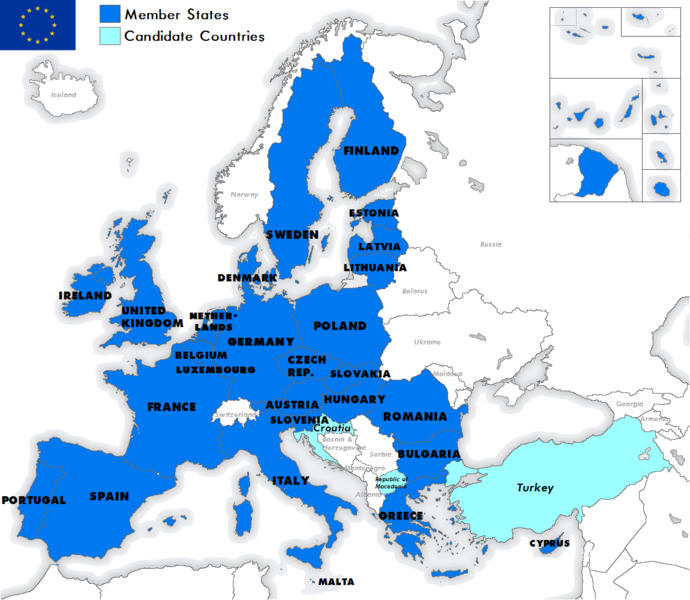
His first publications were in 1956.
Ziedonis belongs to the poetic generation,of the late 50th and the early 60th, who expressed free thoughts, seeking a new expression, holding up the nation’s spiritual strength.
The author’s poetry is charactised by original thoughts and expressions, unexpected flashes of ideas and theses, paradoxes, realia of everyday speech in poetry, combinig the fragile and the harsh, philosophy.
Motorcycle
There is nothing yet
Only lilac taste in the mornings
And white fog
Sleeps in apple trees flowers
I will leave everything I have
Couse it is not the main
And those who know, what the road is
They will forgive me.
There is nothing yet.
Only nights do not have peace
Road columns are walking around the house
And asking about me
Stars are shininhg in
The motorcycle’s eyes
In strange presentiment.
There is nothing yet
Motorkey is sleeping on the table
Oil is sleeping in the tankard
And the driver is sleeping in a difficult sleep
But on a black road’s surfacing
With the first morning dew
Persentimental descends.
There is nothing yet
Only lilac taste in the mornings
And white fog
Sleeps in apple trees flowers
I will leave everything I have
Couse it is not the main
And those who know, what the road is
They will forgive me.
There is nothing yet.
Only nights do not have peace
Road columns are walking around the house
And asking about me
Stars are shininhg in
The motorcycle’s eyes
In strange presentiment.
There is nothing yet
Motorkey is sleeping on the table
Oil is sleeping in the tankard
And the driver is sleeping in a difficult sleep
But on a black road’s surfacing
With the first morning dew
Persentimental descends.
***
Motor-motors
IN cylinder,
Spark,
Explosion...
IN cylinder,
Spark,
Explosion!
And the motors roars.
Guys this way ‘s started!
Only the long roar stays after us,
And whirlwinds mix highway’s dust.
One tenth of a second in the cilinder’s heart
Pressure grows,
Other second and sparkles lightening thin.
And guys, all this life becomes as one fling into infinity,
One race into infinity...
Days are like series of explosions.
Breathe in,
Breath out,
Motor,
Pulls you put through life.
Other thungs are not important.
Road is very easy, as a rēbuss
Road is so odorant as July
And dirty as March.
There is no finish and won’t be, there is only a start.
IN cylinder,
Spark,
Explosion...
IN cylinder,
Spark,
Explosion!
And the motors roars.
Guys this way ‘s started!
Only the long roar stays after us,
And whirlwinds mix highway’s dust.
One tenth of a second in the cilinder’s heart
Pressure grows,
Other second and sparkles lightening thin.
And guys, all this life becomes as one fling into infinity,
One race into infinity...
Days are like series of explosions.
Breathe in,
Breath out,
Motor,
Pulls you put through life.
Other thungs are not important.
Road is very easy, as a rēbuss
Road is so odorant as July
And dirty as March.
There is no finish and won’t be, there is only a start.






